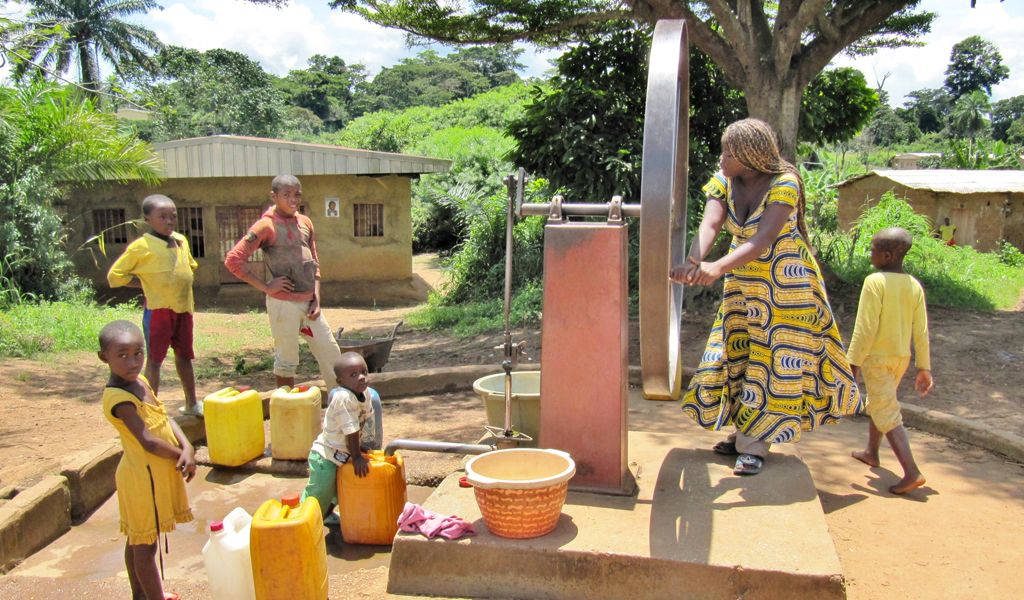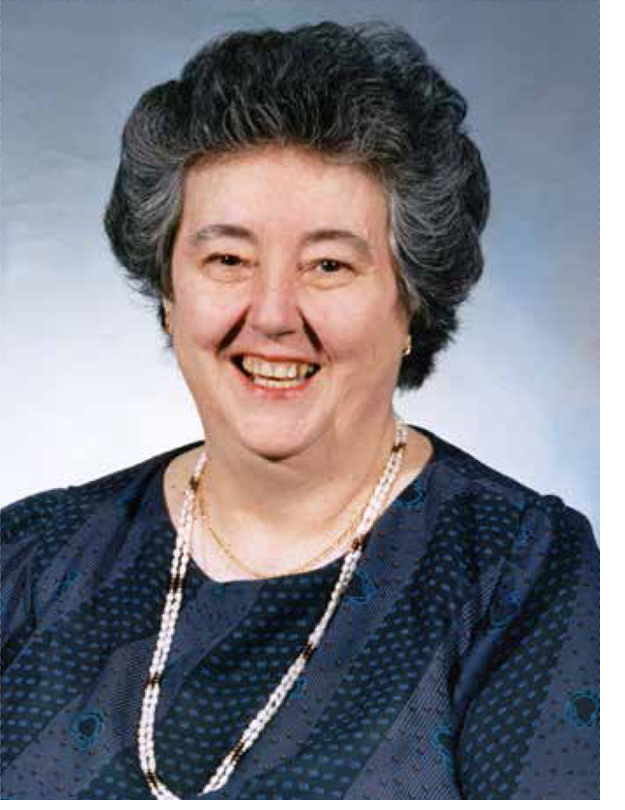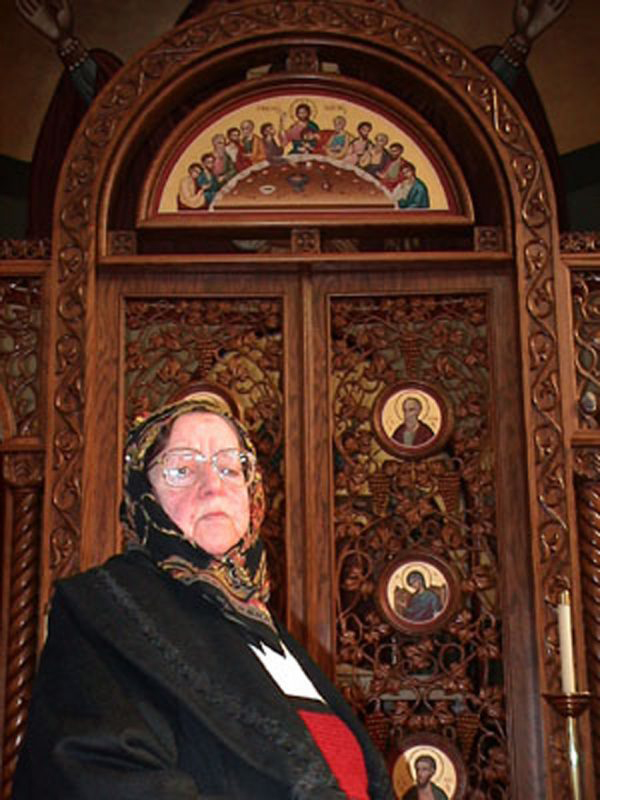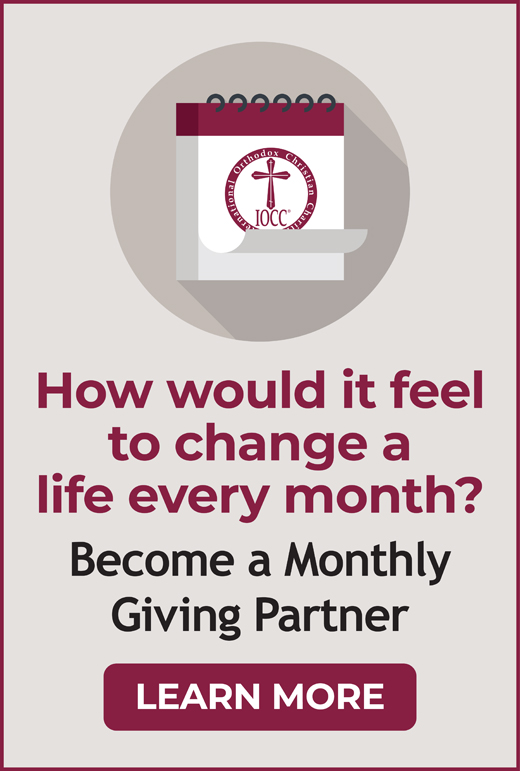
Living Water: The Legacy of Katherine Valone
 As a schoolteacher, the late Katherine Valone touched many lives—and through her legacy, she continues to touch lives. Her great-niece, Victoria Anderson, put it best. “My Aunt Kay was a self-made woman who came from nothing and built a full life around her passions for education, travel, and improving the lives of the people of Africa,” Ms. Anderson said. Today, her generous gift has provided clean water to hundreds of children—preventing diseases that could otherwise be fatal.
As a schoolteacher, the late Katherine Valone touched many lives—and through her legacy, she continues to touch lives. Her great-niece, Victoria Anderson, put it best. “My Aunt Kay was a self-made woman who came from nothing and built a full life around her passions for education, travel, and improving the lives of the people of Africa,” Ms. Anderson said. Today, her generous gift has provided clean water to hundreds of children—preventing diseases that could otherwise be fatal.
In the West African country of Cameroon, less than 40 percent of 20 million rural citizens have access to clean water. Women and children must often walk miles to collect and carry home safe water. Even with that precaution, waterborne diseases like cholera, diarrhea, and dysentery are the leading cause of childhood death in Cameroon. Katherine Valone’s gift, however, has made a major difference. The first project was drilling wells to supply safe drinking water to 15 primary schools. The clean water they provide not only helps prevent disease; it also created jobs for the local people: drilling wells, installing pumps, and maintaining the system.
This project was the first in the Katherine Valone “St. Photini” Water Program. It’s named for the woman who encountered Christ while seeking water at a well—and whose life was forever changed by the gift of living water from Christ Himself.
Aziza Jaghab: A Legacy of Sacrificial Love
 Like the garden she lovingly tended in her back yard, Aziza Jaghab’s simple life bore much fruit—in the people helped by her hard work and in the lives touched by her sacrificial generosity.
Like the garden she lovingly tended in her back yard, Aziza Jaghab’s simple life bore much fruit—in the people helped by her hard work and in the lives touched by her sacrificial generosity.
Reared in the West Bank town of Ramallah, she came to the United States alone in 1957. She settled in New Jersey and made a life for herself as a home health aide for the elderly, initially making $150 a month. But she never forgot about the people of her homeland, giving to various Palestinian and local charitable causes over the years.
When Aziza Jaghab fell asleep in the Lord, she bequeathed half her estate to IOCC. “The last thing I am going to do … [is give] my will for the poor people [of the Holy Land]—whatever I have, whatever I can,” she said in an interview before her death. “This is for my friends, [the] poor, sick people.”
The gift is the culmination of her life’s work and reflects a lifelong passion to help others, both in her adopted homeland and in the Holy Land.
The Rev. Dimitrios Antokas, then Aziza’s priest at Holy Trinity Greek Orthodox Church in Westfield, NJ, knew her for five years. “She came to me saying that she wanted to leave her estate to help feed the poor people in the world,” he said. “I recommended IOCC to her. We thought that IOCC would be the right organization.”
She said she wanted people to know about her gift so that others will be inspired to give.
“I believe Aziza was a living icon of the story of the Widow’s Mite,” Rev. Antokas said, referring to the Bible story of the poor woman praised by Jesus for giving all she had. “She exemplified and embodied the joyful, responsible, and sacrificial steward of Our Lord’s gifts.”


